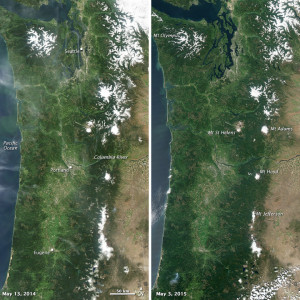 Forecasts indicate that the El Nino weather pattern is expected to continue bringing wetter, warmer forecasts for the winter, and continued dryer weather for next summer for the west coast. It is expected that we will see the same weather this next year as we did this year. Less snowpack in the Cascades will mean once again a limited amount of water for municipal water supplies. A warmer and wetter winter will fill reservoirs, but Seattle’s experience this year showed that without that snowpack to replenish stored levels, supplies fall short as summer stretches on. Many small water districts in the Pacific Northwest found themselves running extremely low, while Seattle Public Utilities is continuing to ask its customers to scale back usage.
Forecasts indicate that the El Nino weather pattern is expected to continue bringing wetter, warmer forecasts for the winter, and continued dryer weather for next summer for the west coast. It is expected that we will see the same weather this next year as we did this year. Less snowpack in the Cascades will mean once again a limited amount of water for municipal water supplies. A warmer and wetter winter will fill reservoirs, but Seattle’s experience this year showed that without that snowpack to replenish stored levels, supplies fall short as summer stretches on. Many small water districts in the Pacific Northwest found themselves running extremely low, while Seattle Public Utilities is continuing to ask its customers to scale back usage.
There has been an increase in interest in rainwater collection for single-family residences in Seattle and other areas of Western Washington this summer for potable and non-potable systems. Non-potable systems are being sought primarily for irrigation, but the real increase is in whole house potable demand. As our population in the Seattle area has increased dramatically and drier conditions in the summer are causing higher demands, many are preparing in advance for next summer.
A well-designed and installed rainwater catchment system can provide water to a single-family household year-round or supplement city water use during the summer. A non-potable system can ease the demand on city water by using collected rainwater for irrigation during those dry periods. Many of RainBank’s customers are commenting once again “that this is the right thing to do” – a message that I used to hear often before the recession. Folks want to do the right thing for the environment regardless of a crisis.
We must take population growth and protection of our natural resources seriously. Water is the one thing we cannot do without.

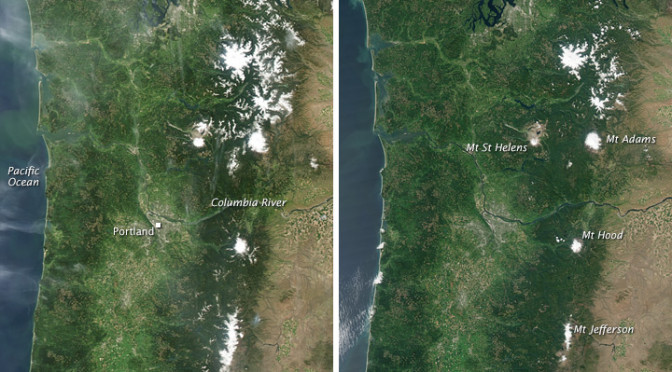
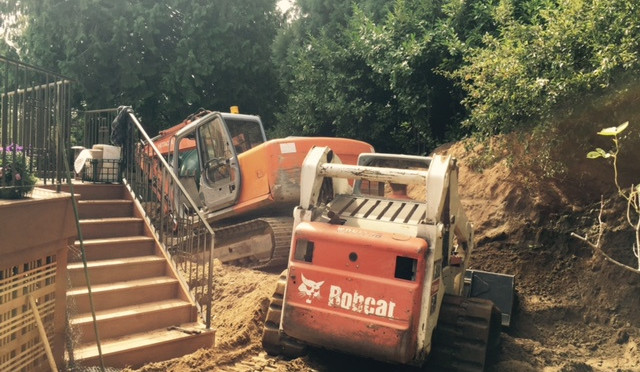
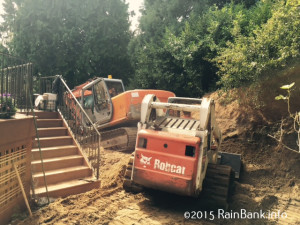 Potable water collection has Seattle residents singing in the rain.
Potable water collection has Seattle residents singing in the rain.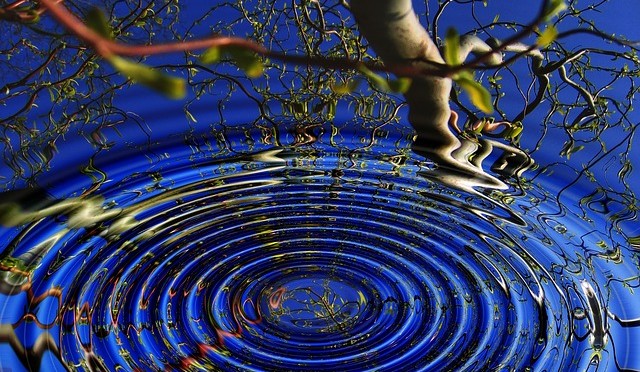
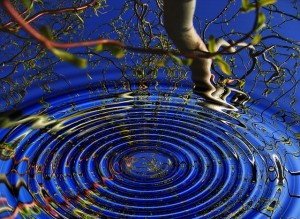 According to
According to